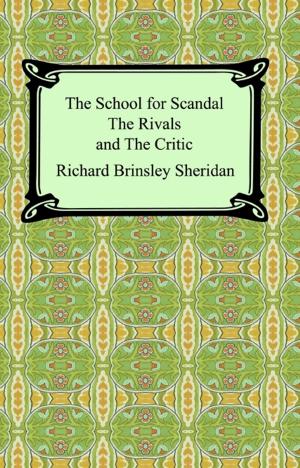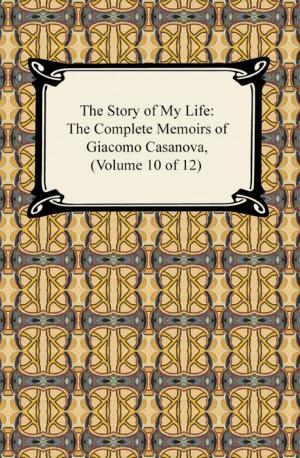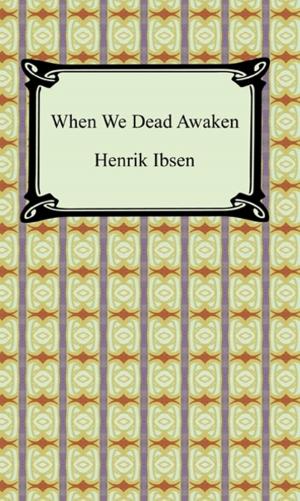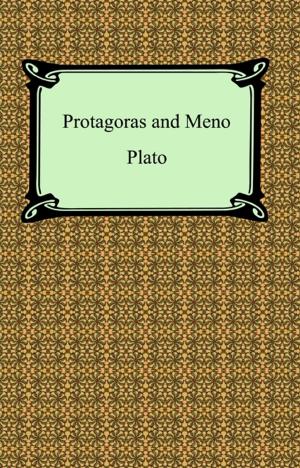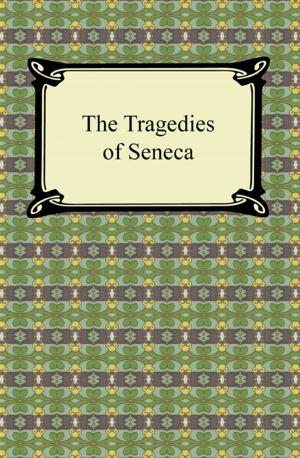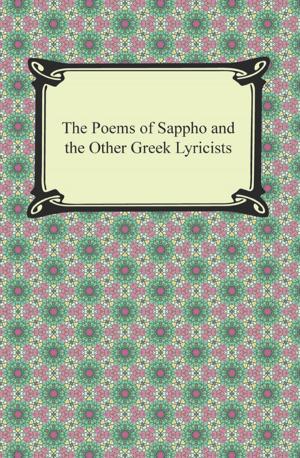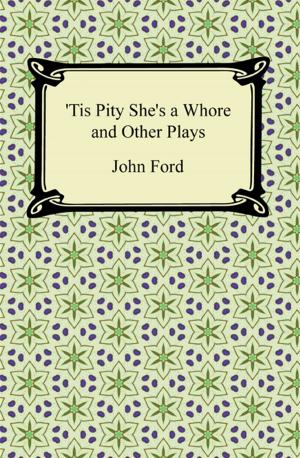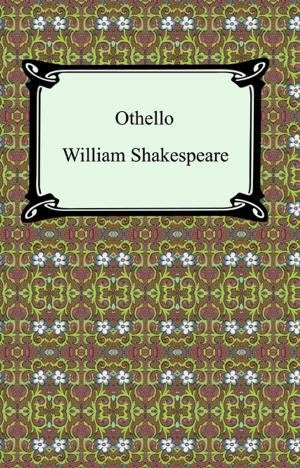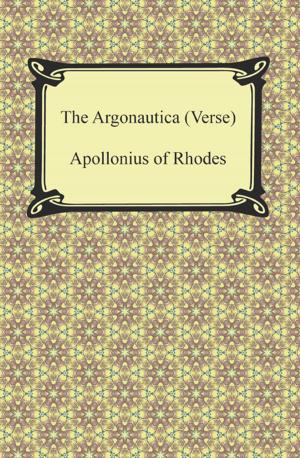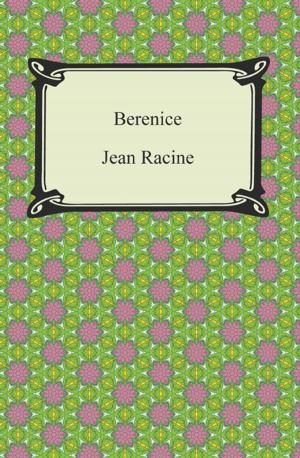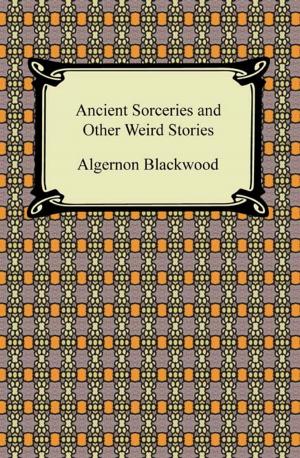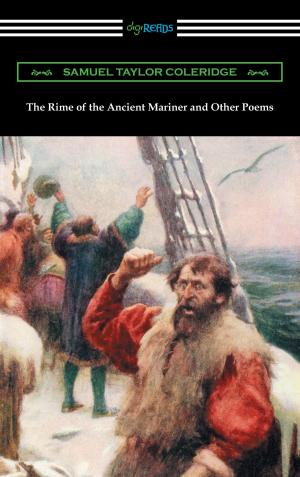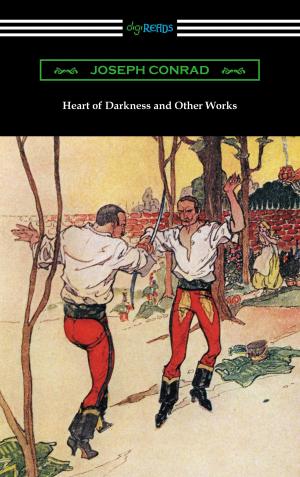| Author: | W. B. Yeats | ISBN: | 9781420942316 |
| Publisher: | Neeland Media LLC | Publication: | December 15, 2009 |
| Imprint: | Digireads.com Publishing | Language: | English |
| Author: | W. B. Yeats |
| ISBN: | 9781420942316 |
| Publisher: | Neeland Media LLC |
| Publication: | December 15, 2009 |
| Imprint: | Digireads.com Publishing |
| Language: | English |
William Butler Yeats was born near Dublin in 1865, and was encouraged from a young age to pursue a life in the arts. He attended art school for a short while, but soon found that his talents and interest lay in poetry rather than painting. His father's love of reading aloud exposed Yeats early on to William Shakespeare, the Romantic poets and the pre-Raphaelites, and developed an interest in Irish myths and folklore. As a result, he became an instrumental figure in the "Irish Literary Revival" of the 20th Century that redefined Irish writing. In 1899 Yeats helped found the Irish National Theatre Society, which later became the famous Abbey Theatre of Dublin. He was awarded the Nobel Prize in Literature in 1923, and received honorary degrees from Queen's University (Belfast), Trinity College (Dublin), and the Universities of Oxford and Cambridge. In this volume we find one of Yeats' lesser-known works, "The Player Queen".
William Butler Yeats was born near Dublin in 1865, and was encouraged from a young age to pursue a life in the arts. He attended art school for a short while, but soon found that his talents and interest lay in poetry rather than painting. His father's love of reading aloud exposed Yeats early on to William Shakespeare, the Romantic poets and the pre-Raphaelites, and developed an interest in Irish myths and folklore. As a result, he became an instrumental figure in the "Irish Literary Revival" of the 20th Century that redefined Irish writing. In 1899 Yeats helped found the Irish National Theatre Society, which later became the famous Abbey Theatre of Dublin. He was awarded the Nobel Prize in Literature in 1923, and received honorary degrees from Queen's University (Belfast), Trinity College (Dublin), and the Universities of Oxford and Cambridge. In this volume we find one of Yeats' lesser-known works, "The Player Queen".


